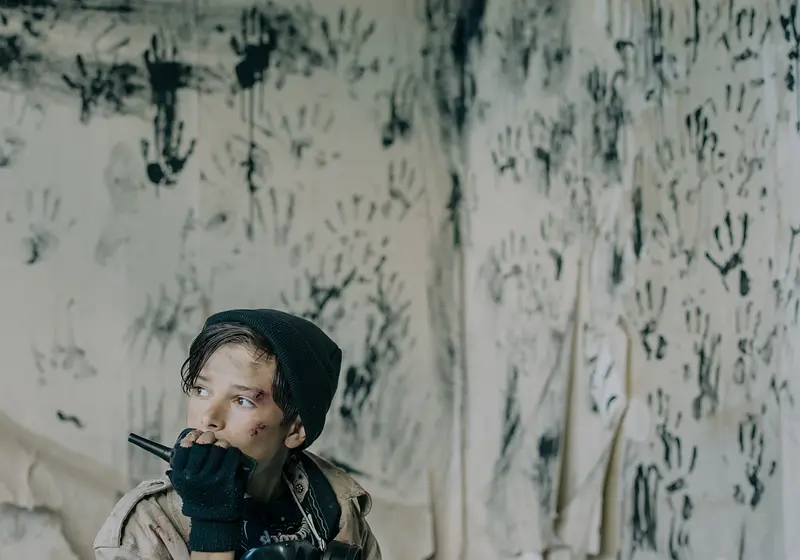Social media led to a rise in activism, however, it has ultimately caused our society as a whole to lose our sense of empathy. As I explained more in an earlier piece, social media provides an outlet for people to express snippets of their personality to the world, or at least pieces of a personality that they want to present to the world. With this comes a feeling of social pressure, and the need to act a certain way in order to be perceived a certain way, leading to a rise in performative social media activism.
As many may know, 10 lives were lost at the Travis Scott Astroworld Concert in Houston and hundreds of others were injured all due to “super fans” pushing toward the front to see Travis. While social media may not be the cause, it may be a major factor. However, in the past, people did not always act with such public displays of violence at a concert! I can only hope that this tragic loss of lives shows us that we lack empathy, and that social media does not replace the need for empathetic action in the real world.
For many people, posting to support a social justice cause feels like an obligation, but also a right of passage. In other words, you feel like you are doing the right thing, that you are more aware, more kind and empathetic to other people’s burdens. Newsflash. Taking 30 seconds out of one’s day might make someone feel good, but it does not mean that same person will be kind or courageous in real life.
A Quick History Lesson in Human Life
Years ago, when smoking was a very big issue in America, our legislative system had to place bans on smoking in public places, as people’s individual actions were harming others. This was a success, and we continue to pass legislative acts to protect human life, such as mandating vaccines or masks in order to protect others. On the state level, it is easier to mandate moral behavior. But, as a country, I don’t think we are unified about protecting human life.
The desire to protect and heal human life was incredibly evident during 9/11. Only 20 years ago, people helped the vulnerable rather than shoving people down the stairs to save their own lives. Not only did people who were scared for their lives have the courage to help others, but people from other states who could have easily turned a blind eye showed a sense of empathy that is incredibly rare in our anti-human moment.
Legislation and our own past actions as a nation suggest that we have both an obligation and a desire to care for one another. But it seems we only express that we care in empty words and social media posts.
Do We Only Value Human Life in Our Words and Not Our Actions?
Human life is invaluable. Human life, by all modern standards, deserves protecting and defending equally. So, if you are willing to take human life in order to see your favorite artist, do you really care about other people's lives?
Do you care about social justice? Fans defended killing other humans in the name of being a “super fan.” In other words, their desire to see an artist was so powerful that it justified murder, at least in their eyes. How is that defensible?
How Did We Get to A Moment Like This?
Going from a society that was willing to risk their lives to save others to one in which human life is less valuable than a glimpse of a performer is a drastic switch, not just in behavior but in morals. But how did this societal warp occur in merely two decades?
While social media platforms provided an outlet for us to express “empathy,” they are certainly not the only thing to blame.
These platforms allowed us to post all of our thoughts and opinions, and even opinions that didn’t resonate with us. While they could have become additions to our expression of self, they replaced much of our moral obligation and responsibility we once had. The platforms are merely tools, but it is the users, the people, who began to believe that posting the right comment or idea replaced an act of kindness or courage in real life.
Hiding behind a screen allowed us to feel good about ourselves and show the world our support for causes, even if we didn’t care about certain causes at all. By reposting a quote, people no longer felt the need to do good things or be a kind, empathetic person.
At The End of The Day, Does Anything Matter If It Is Not Posted Online?
There is nothing wrong with using social media. But most people are guilty of only sharing glimmers of their life, which frames them in a certain way, typically the way they want to be seen and not what they are.
Our desire to present ourselves as perfect people to the world is causing us to lose the ability to act well in the world and help people in need right in front of our eyes. Social media can add onto our activism and can be an extension of our personality, but it cannot replace our traits all together. We need to treat social media as an extension of our values, not a replacement for them.












